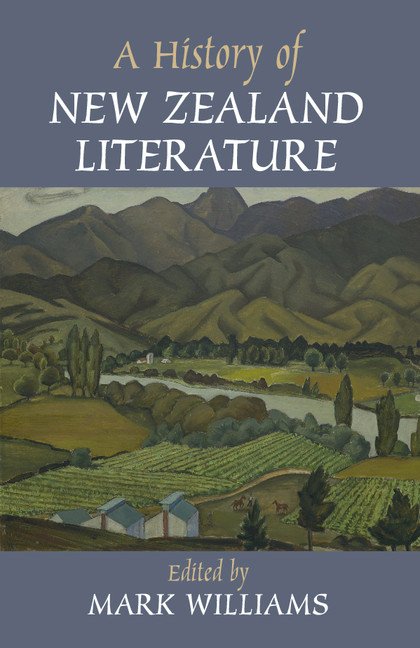PERC member Philip Steer has recently published the first account of ecology in pre-1950 writing to be published in a New Zealand literary history, appearing in A History of New Zealand Literature, edited by Mark Williams (Cambridge University Press, 2016). The essay points out that the most recurrent ecological concern in New Zealand literature prior to the 1920s centred on the bush and its eradication, but that this began to change with the emergence of a more nationally-minded approach to writing between the 1930s and 1950s. Of most interest during this time are a small group of writers—poet Ursula Bethell, novelist Robin Hyde, and environmental historian Herbert Guthrie-Smith—whose modernist experimentations with literary form seek to express an ecological sensibility founded on a complex understanding of difference from and connection with nature. More broadly, however, the essay argues that many of the features most commonly associated with writing from this period—social isolation, clipped and undemonstrative speech, a lack of description, the absence of stylistic flourishes—can now be seen as reflecting the devastated ecologies upon which Pākehā culture was founded.

